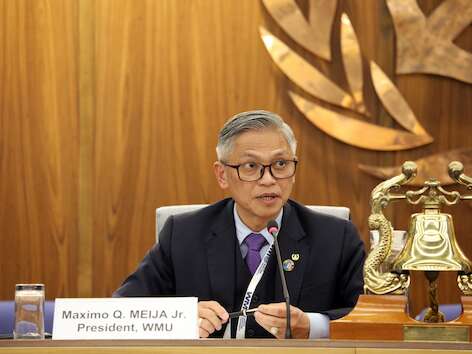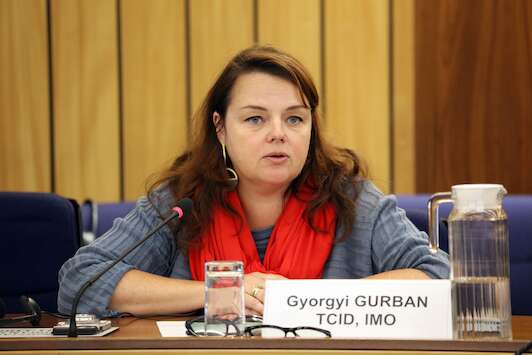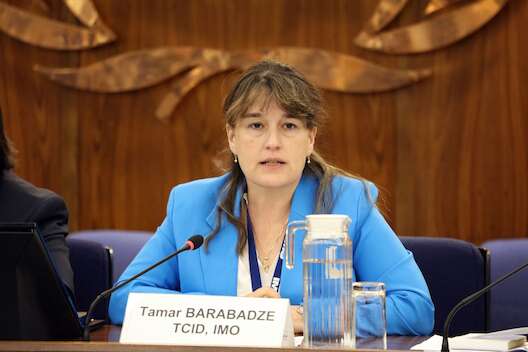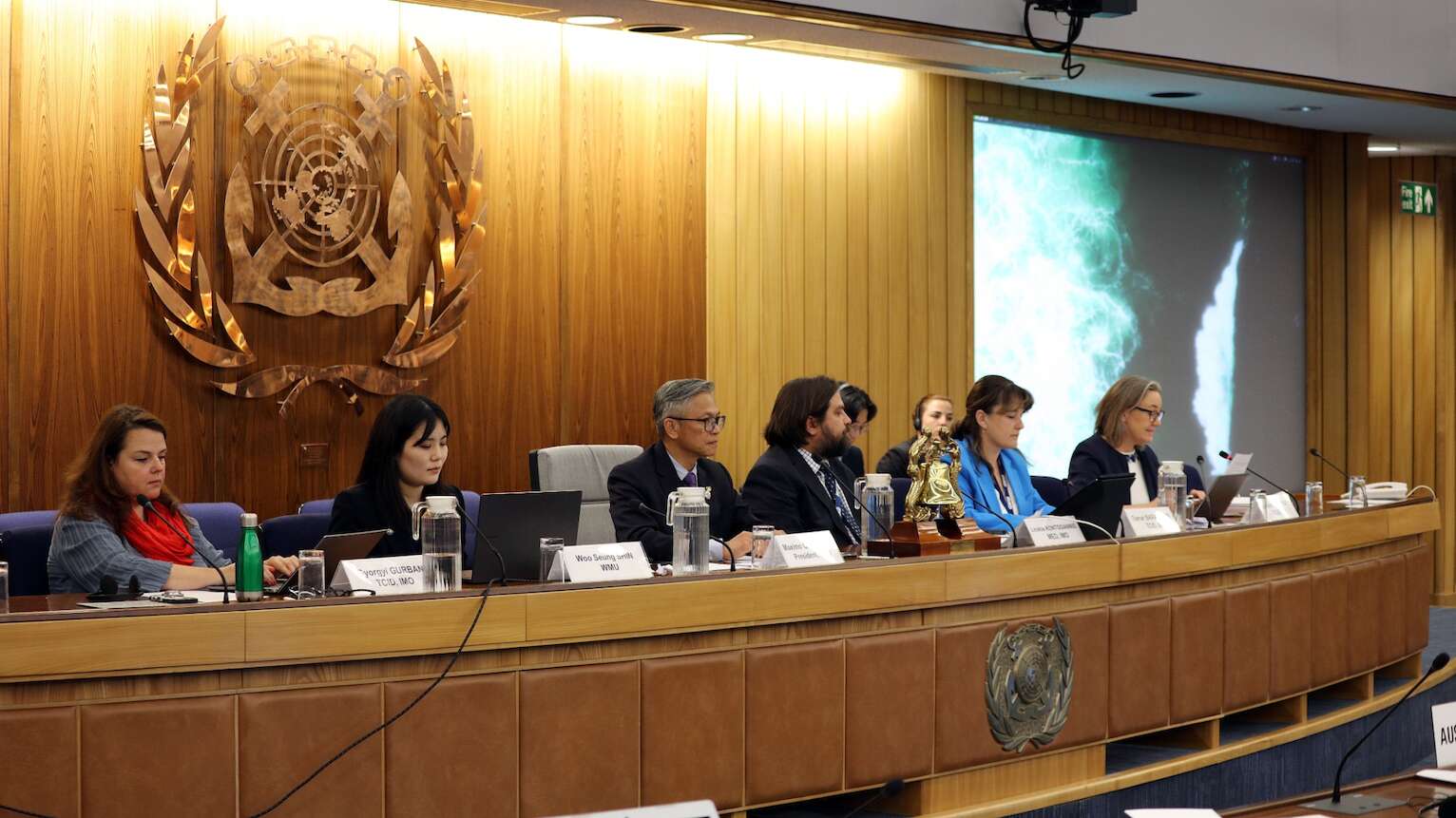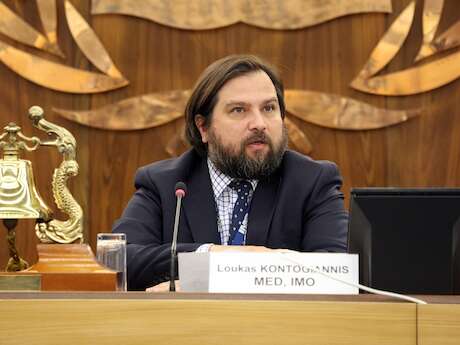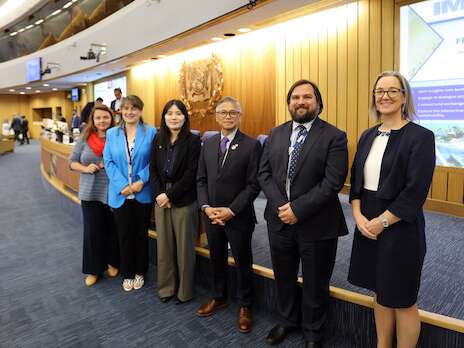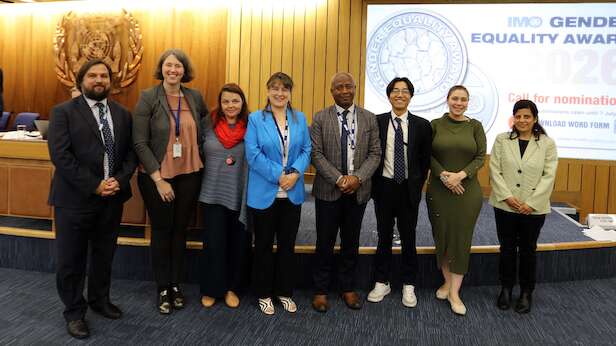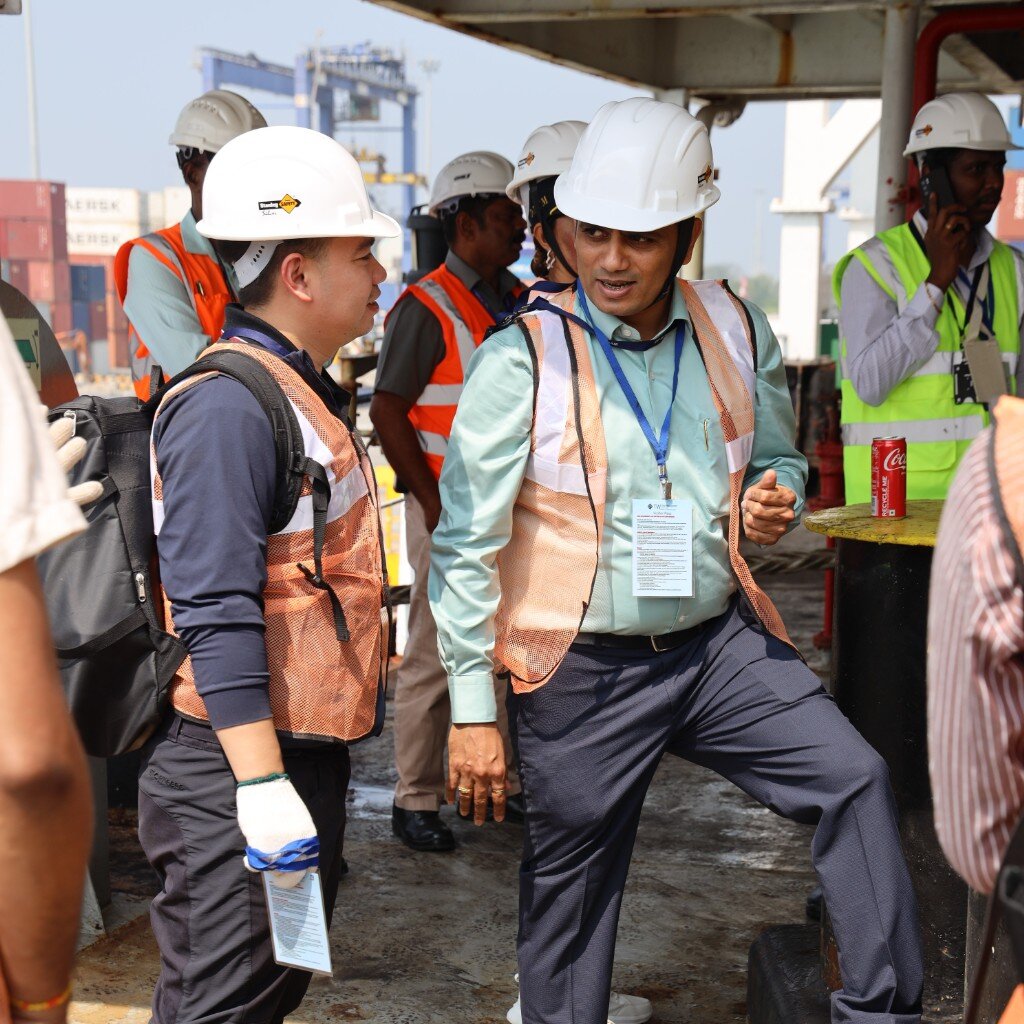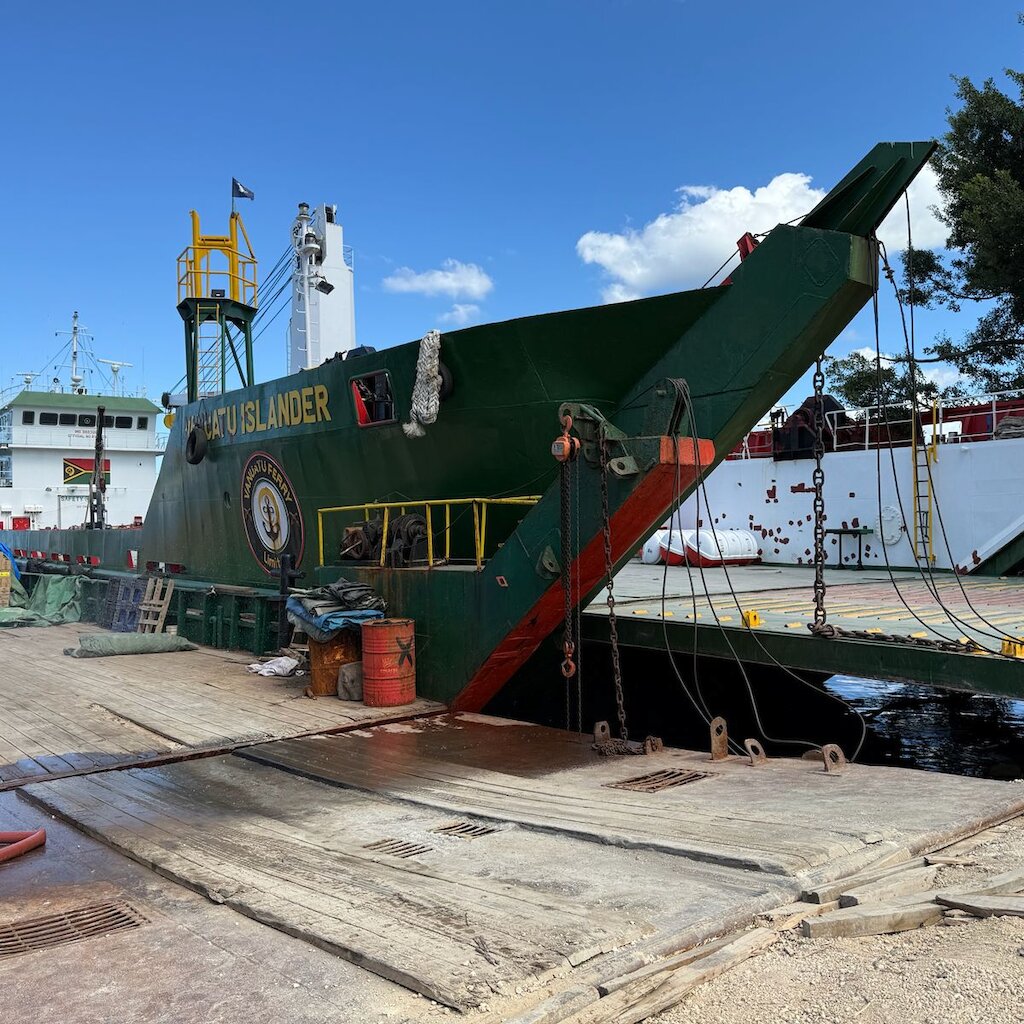A new International Maritime Organization (IMO) e-learning course on MARPOL Annex V has been launched to help strengthen the global response to marine plastic litter from sea-based sources and to support effective implementation of the International Convention for the Prevention of Pollution from Ships (MARPOL), Annex V.
The course was launched during the seventy-fifth session of the IMO Technical Cooperation Committee (TCC 75), as part of ongoing efforts under the OceanLitter Programme, implemented by the Technical Cooperation and Implementation Division of IMO and in line with the Committee's increased focus on e-learning to support enhanced education and training outcomes across the global maritime sector.
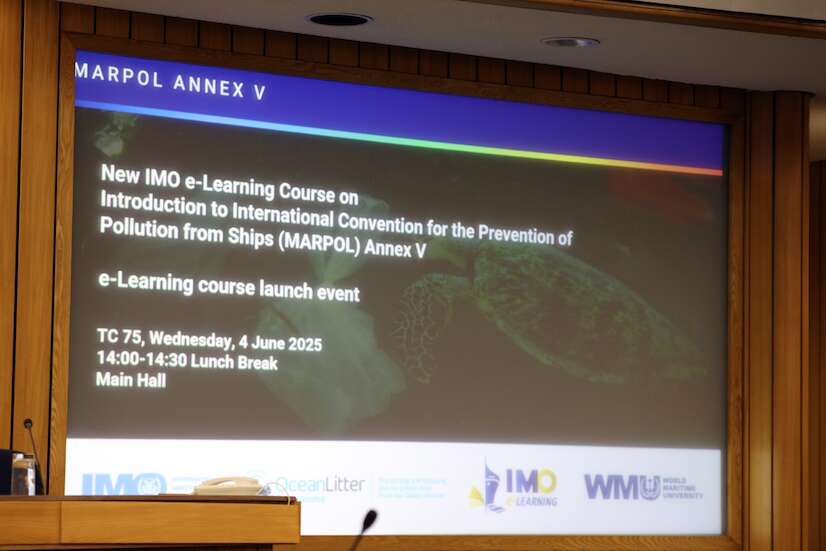 This self-paced course is designed for government officials, maritime educators, seafarers, port reception facility operators, and other maritime stakeholders. It covers:
This self-paced course is designed for government officials, maritime educators, seafarers, port reception facility operators, and other maritime stakeholders. It covers:
- The main provisions and scope of MARPOL Annex V
- Restrictions and conditions for the disposal of garbage at sea
- Responsibilities of shipowners, operators, and crew in ensuring compliance
- The environmental impact of ship-generated waste
- International enforcement measures under the Convention
- Best practices to prevent, reduce, and control sea-based marine litter
By enhancing awareness and capacity among key stakeholders, the course aims to help reduce the discharge of garbage at sea, ensure better compliance with international regulations, and support the achievement of Sustainable Development Goal 14 (SDG 14 - Life Below Water).
The development of this course was co-funded by IMO and the combined efforts of the OceanLitter Programme Projects: the GloLitter Partnerships Project, funded by Norway, the RegLitter Project, funded by the Republic of Korea, and the PRO-SEAS Project, funded by the Global Environment Facility.
World Maritime University (WMU) contributed to the design and development of the e‑learning course, ensuring that it meets contemporary training requirements in the maritime sector. The course combines animated modules and practical, scenario-based questions to provide an effective learning pathway in a self-paced learning mode.
“This new course represents another key step in strengthening global efforts to protect the marine environment from plastic litter originating from ships,” said Mr. Jose Matheickal, Director of the Technical Cooperation and Implementation Division at IMO. “We hope that this learning tool will support implementation at the national level and further reinforce international cooperation in tackling this pressing challenge.”
The course is freely available on the IMO e-Learning platform: https://lms.imo.org/moodle310/. It is currently available in English, with plans to expand to French and Spanish in the near future, in line with IMO’s focus on multilingualism.
